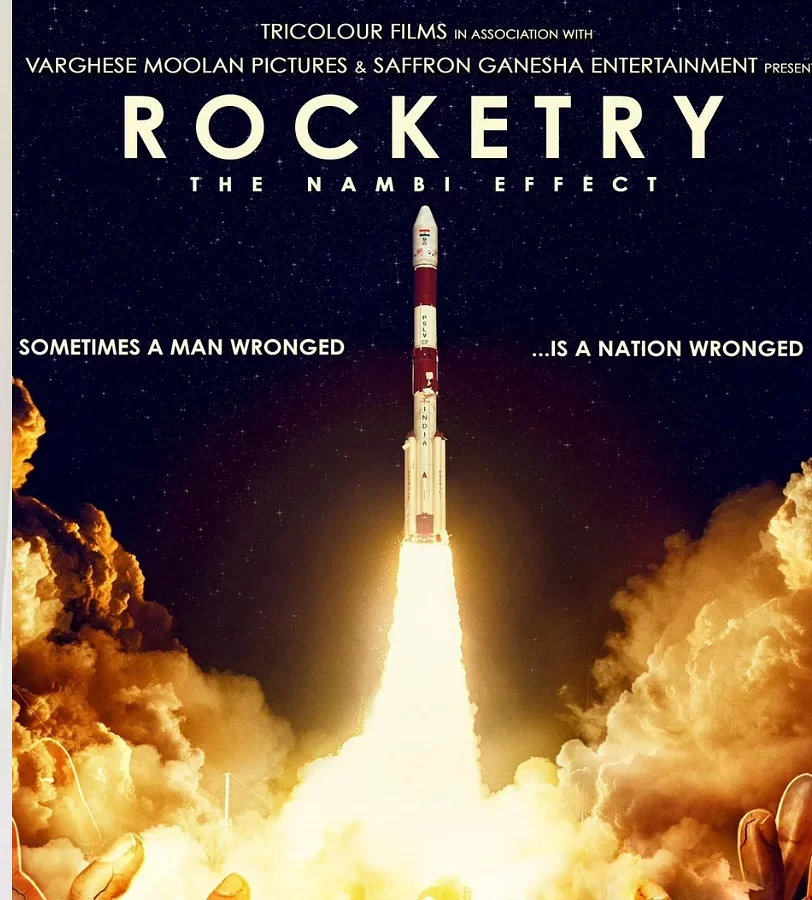MUMBAI: Several months after the United States Senate took action to address digital piracy on college campuses in its Higher Education Act (HEA) Reauthorization bill, lawmakers in the House introduced their own legislation that will further the fight against piracy, a problem that costs our economy millions of dollars and Americans thousands of jobs each year.
Motion Picture Association of America, Inc. (MPAA) chairman and CEO Dan Glickman lauded the bill as a positive step in educating students and deterring illegal downloads and file-sharing on college campuses.
House Education and Labor Committee Chairman George Miller (CA) introduced the College Opportunity and Affordability Act of 2007. In the bill, Chairman Miller included a provision that would direct institutions of higher education to inform students and employees about policies and procedures related to illegal downloading and distribution of copyrighted materials. Additionally, the legislation would instruct colleges and universities to develop a plan for offering alternatives to illegal downloading or peer-to-peer distribution of intellectual property as well as a plan to explore technology-based deterrents to prevent such illegal activity. The bill takes the added step of authorizing the Secretary of Education to award grants to institutions of higher education to develop programs of prevention, education, and cost-effective technological solutions to reduce and eliminate the illegal downloading and distribution of intellectual property.
MPAA, Chairman and CEO, Dan Glickman stated, “The MPAA commends Chairman Miller for taking this step to protect intellectual property on college campuses. Intellectual property theft is a worldwide problem that hurts our economy and costs more than 140,000 American jobs every year. We are pleased to see that Congress is taking this step to help keep our economy strong by protecting copyrighted material on college campuses.”
Glickman noted that the MPAA’s most recent data shows that the U.S. motion picture industry lost $6.1 billion to piracy in 2005. About 44 percent of the industry’s domestic losses – over $500 million annually – are attributed to college students illegally sharing files over peer-to-peer (P2P) networks.
“We have been working closely with the higher education community and value that partnership because we are all in this together. Illegal downloading doesn’t just hurt the motion picture and music industries, but it can also be harmful to universities as it puts their systems at risk for security purposes, takes up bandwidth, and slows systems that are designed for research and other educational purposes,” Glickman added.
Glickman noted that many colleges and universities have already successfully deployed technologies to address digital piracy and have found that the technology is saving them money in the long run.




